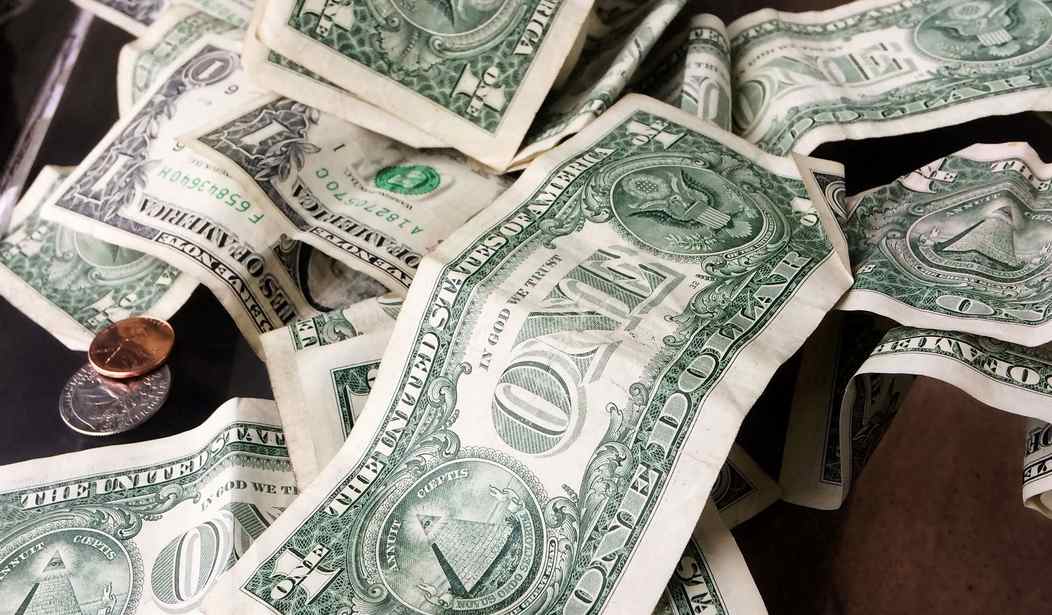"In God We Trust" became the official motto of the United States in 1956. It was pushed through during the presidency of Dwight Eisenhower, the only president to have ever been baptized while serving in the White House. The aftermath of the horrors of World War II brought about something of an age of faith in America. It was also the period when groups like the Knights of Columbus successfully lobbied to have the phrase "under God" added to the Pledge of Allegiance.
But in an age of secular humanism, where only 20% of Democrats and 40% of Republicans regularly go to religious services, does our national motto resonate in any meaningful way today? Or does the title of that old Jean Shepherd book have more of an appeal — "In God We Trust: All Others Pay Cash"?
Trust is part of the theological virtue of hope. Trust is tied up with the ancient theological concept of divine providence. Yet how many act as if an all-powerful God cannot or will not intervene in our lives and the life of our country? Does this explain why there is an almost palpable sense of despair in the air?
God created the universe out of nothing and holds that nothingness in existence by His love. In the Old Testament, we find, “How could anything continue to exist if you do not will it, or how could it be preserved if you had not called it into being” (Wisdom 11:25). In the New Testament, Saint Paul says: “He is before all things, and in him all things hold together” (Colossians 1:17). Islam believes every act only takes place in the moment as God wills it.
Obviously, if you create a table out of wood, the wooden legs hold the table up. But if you create a universe out of nothing, only the will of the Creator holds that nothingness together. All the laws of nature bear the imprint of the Creator, just as the words of a novel show the craft of the author. He respects the autonomy of His creation and the freedom of man to cooperate with His plans for His world.
God knows that evil can come from our freely rejecting His plans. He has chosen to run the risk of our freedom since there can be no love without freedom. As Thomas Aquinas said, “If evil exists, God exists. For evil would not exist if the order of good, the deprivation of which is evil, disappeared. And such an order would not exist if God did not exist.”
But just because man is free to act does not mean that God is a helpless giant. He, too, is free to act, and we trust in His loving actions. Coincidence, they say, is just the humility of God. Far from being a watchmaker-God who winds up the universe and then kicks back and watches some cosmic version of the soap opera "As The World Turns," God's providence governs and cares. This is why, rather than fleeing reality or suffering from events much as a dog who does not comprehend does, we need to embrace the good, the bad, and the ugly in life.
Related: A Lesson in Perseverance for Conservatives
Only in reality can we freely unite our will to the sometimes mysterious providence of God. Only then can we trust. He knows what He is about. His will is to bring good even out of evil. The Pharisee and later apostle Paul wrote, “To those who love God all things work together for good” (Romans 8:28).
We may or may not know what good we are accomplishing in this life. But by trusting in God, we can be sure we will know it in the next. This is why, even in suffering, life has a deep meaning and is always worth living. Trusting in God matters. As individuals or as a country, we may suffer, but there is still a purpose in trust. Despite our flaws and the messy circumstances of life, each of us has an important part to play in His providential plan for the world. After all, He is closer to us than we are to ourselves.










Join the conversation as a VIP Member